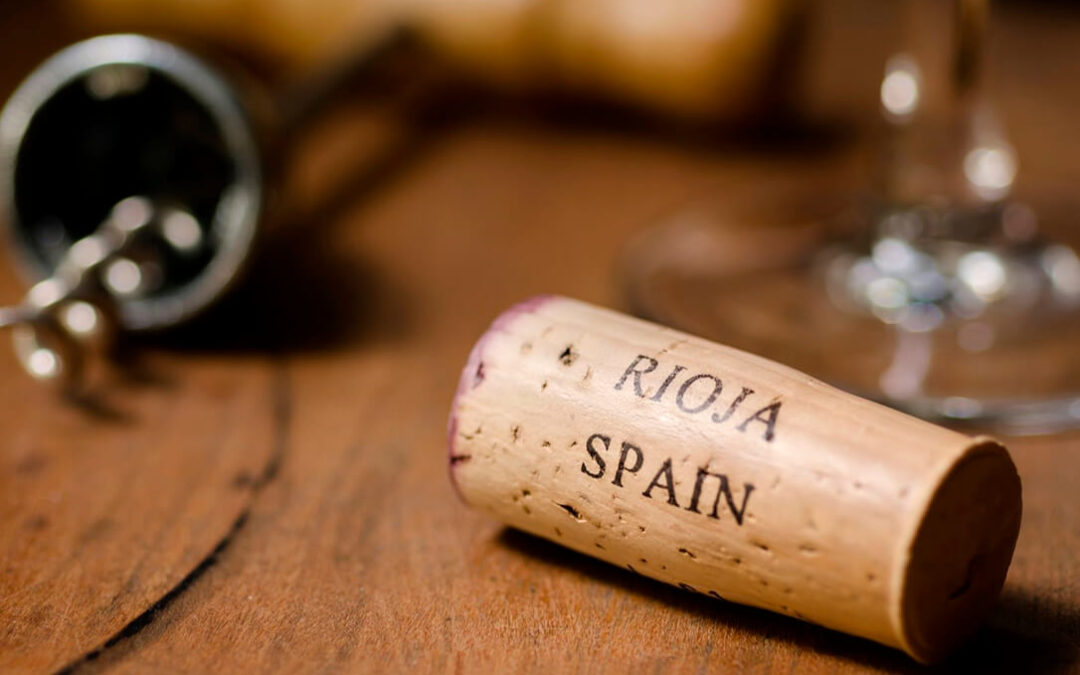The Rioja Family Winery Association withdraws from the management tables of the Denomination of Qualified Origin (DOCa) Rioja, the Plenary of the Regulatory Council, and the Interprofessional of Rioja Wine, due to its disagreement with the strategic policy, which goes against the business model of the small and medium-sized wineries.
The announcement was made public this week by its President, Eduardo Hernáiz, in an information conference, together with his Vice President and spokesperson on the Regulatory Council, Juan Carlos Sancha, and manager, Ana Jiménez, after the two assemblies of the association, which They have supported the decision, unanimously, they have indicated.
The group was established in 1991 by twenty winegrowers and small wineries in Rioja and currently has almost 70 members with 216 which are accredited in the management bodies of the Denomination of the Interprofessional and Regulatory Council tables.
This representation translates into over half of the total of the commercial branch in both management bodies. Still, its participation is limited to only 8% of this branch and 4% of the votes, as the system of representativeness of the Council.
The departure of this association from the management boards of the DOCa Rioja does not imply its abandonment of the Denomination, a region that is “the best in Spain for making wines of value and quality”, which, from its point of view, has currently lost, where volume is what prevails, the President stated.
The decision was formally communicated this week to the Rioja Wine Interprofessional Regulatory Council, the autonomous governments of La Rioja, the Basque Country and Navarra, as it is a Denomination shared by the three communities, and to the Ministry of Agriculture, as the guardian administration.
“We are Rioja, and we are going to continue being so because we have all our investments in this land and because we continue to believe in it and in its potential to make great wines,” assured the President of the Association.
However, “we do not have the capacity to redirect Rioja’s course towards a model of value, of quality”, which focuses on “sustainable viticulture and the production of quality artisanal wines”, he said.
“We are convinced – he added – that the current situation of Rioja, its wineries and winegrowers, would be very different if the policy followed in recent years had been more concerned with protecting the value of the grapes, the wines and the territory, than to produce more grapes and wine to bring Rioja to its current situation.”
Currently, the DOCa Rioja is going through “one of the biggest surplus crises in its history, sending wines to distillation,” said Hernáiz, who added that, “despite the fact that we have been producing clearly more grapes than we are capable of since 2017 to sell, large companies continued asking for new plantations until very recently.”
For his part, Sancha, one of the oldest members of the Plenary Council, has said that the historical model of the social distribution of the vineyard and wealth is being broken in favor of industrial companies, for which the bills continue to come out, among other aspects, because they sell wines from numerous sources, not only Rioja, as well as liqueurs and spirits.
“We find ourselves unable to change a business model that we do not share, since it is based on the production of wine for food shelves at prices with which small and medium-sized wineries cannot compete,” Sancha states.
The president of the Regulatory Council, Fernando Ezquerro, has conveyed to the association his interest in changing the representation system, but there is no concrete proposal and until there is a modification, which will have to be in the next elections in 2025, Bodegas Familiares will not participate in the decisions of these management bodies.
Source: https://agroinformacion.com/

